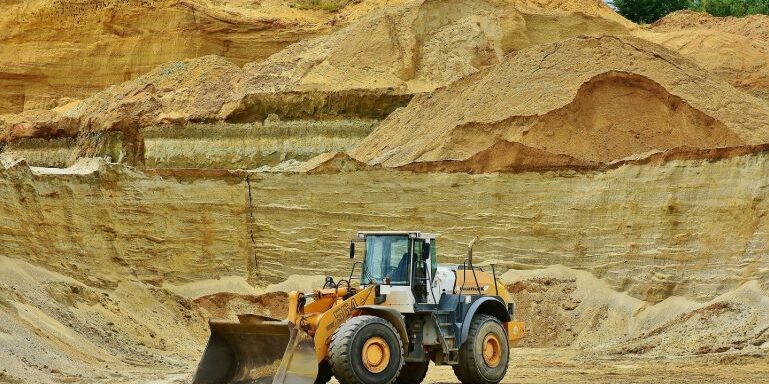
ASX- and AIM-listed Sovereign Metals has announced that the construction of the pilot site for its ongoing pilot mining and land rehabilitation program at the Kasiya rutile/graphite project in Malawi is on schedule, with groundworks currently underway.
“This pilot phase is a step-change for Kasiya and demonstrates our ability to execute in Malawi. The early works are progressing as planned—on schedule and within budget,” stated Managing Director Frank Eagar.
“We are very pleased with the progress and specifically how the mobile fleet is performing in the soft saprolite ore, confirming our understanding of how simple mining, with no drilling or blasting required, will contribute to low operating costs.”
The construction fleet is now on-site, with groundwork to excavate the water storage pond and build the test areas underway.
Site equipment is currently moving 5,000 m³ of earth daily. The fleet includes four excavators, 20 trucks, and a support fleet comprising two bulldozers and a motor grader.
A perimeter fence around the 9.9-hectare pilot site has been erected to maintain necessary health and safety standards.
Sovereign’s strategic investor, Rio Tinto, is assisting with establishing and implementing health and safety protocols.
Eight water extraction boreholes have been commissioned, delivering water to the site, with the filling of the water storage pond to follow.
The temporary water storage pond is being excavated and will be sealed using natural clay from the excavated material, minimizing the use of conventional plastic lining and aligning with Sovereign’s sustainability objectives for Kasiya.
Key contractors and consultants have been appointed across all major disciplines essential for the pilot phase.
Sovereign plans to undertake a series of stakeholder visits and consultations, providing educational opportunities for project stakeholders.
Sovereign emphasizes its objective to restore land after mining to conditions that achieve the same or better agricultural yields than existing land uses and crop yields.
The pilot phase aims to demonstrate successful land rehabilitation for agricultural use to local communities, forming an integral part of the ongoing optimization study.
Results from the pilot phase will help determine optimal excavation and backfill approaches, providing critical information for the upcoming definitive feasibility study.





